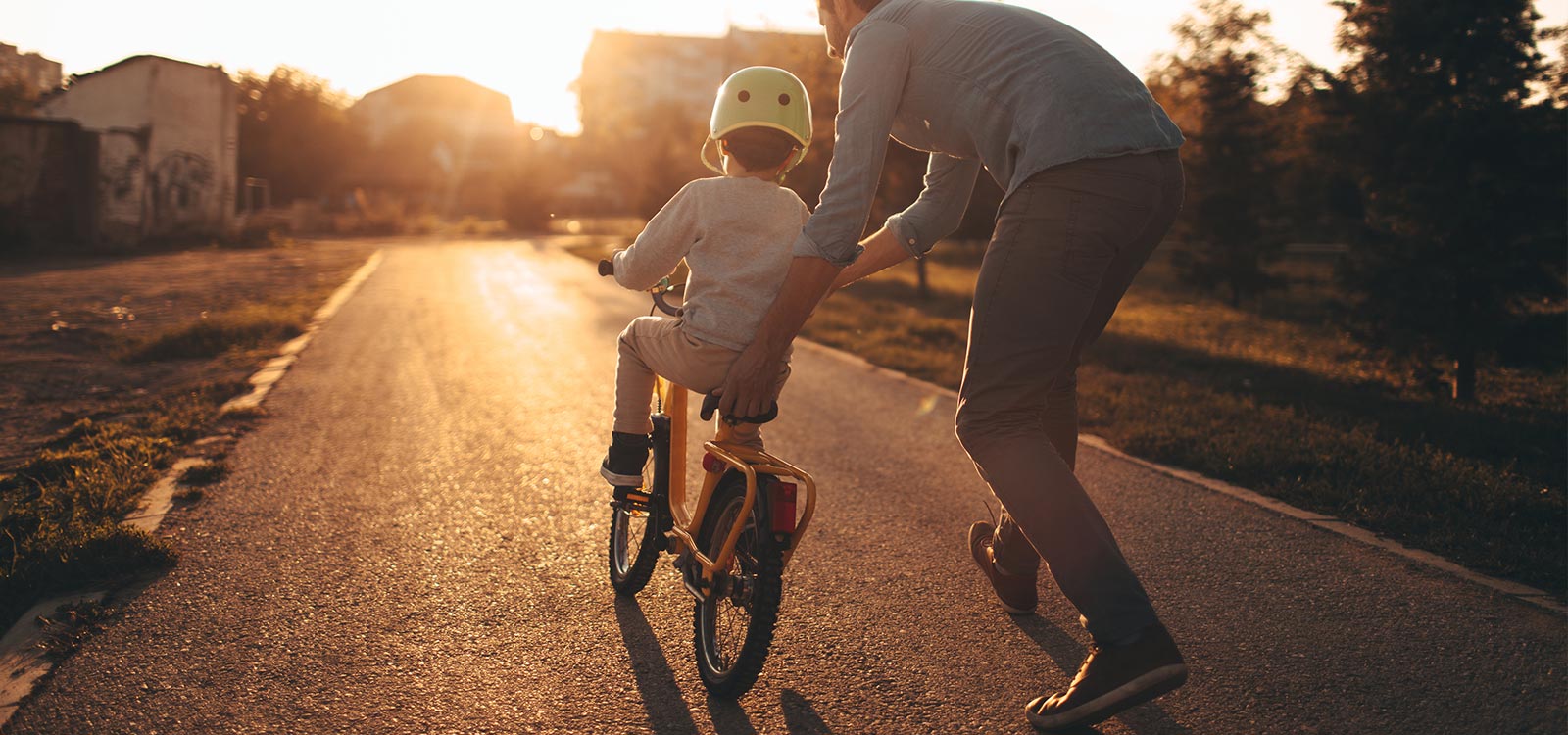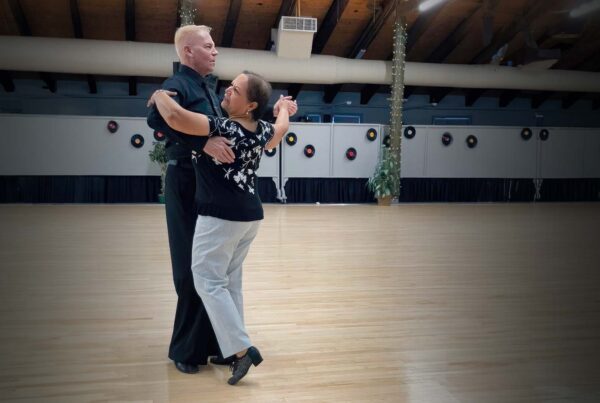If you filled a bucket of water and 90% of it leaked out before you could use it, chances are you would only fill the bucket once before taking action to do something about that leak. Right?
Immediately after noticing that your bucket was leaking, you’d look for another bucket or find a way to fix the leak.
So it’s interesting that people don’t do this when it comes to learning things. They allow 90% of what they learned to leak out without taking any action to fix the leak.
I was reading an interesting article on this issue and struck by how much of this I’ve observed in teaching dance. While different people have different approaches to learning, and some learn faster than others, the truth is that a great many people fail to put into action the most important element in learning.
They don’t immediately apply what they learned.
A concept called the Learning Pyramid, developed in the 1960s by the NTL Institute, illustrates key aspects of the learning process. The Learning Pyramid shows that you retain 90% of what you learn when you immediately start using it within 24 hours. That number drops to 75% when you wait more than 24 hours to practice it. You retain 50% by engaging in a group discussion, 30% by watching a demonstration, and a mere 5% by listening to a lecture with no practical aspect to it.
What happens when you immediately start to apply what you learned is that when you run into difficulties and make the inevitable mistakes, the information is fresh enough that you can concentrate better and correct the mistakes more easily. The longer you wait to begin this process, the less likely you are to correct those errors and as a result your progress slows down. Yet so often as dance teachers we see people come back to their next lesson a week later never having tried any of the things they learned the week before. This is like the leaking bucket.
When just listening or reading, even though your brain is concentrating, you are not making any mistakes. What you hear or see is nothing more than an abstract concept. You need to actually make mistakes before you can effectively learn something new.
Real learning comes from making mistakes, and making them within 24 hours. So when you learn something new, go to work trying it immediately and don’t be afraid to make mistakes. That’s how you’ll retain most of what you learned.
You might also like: How you practice makes perfect













